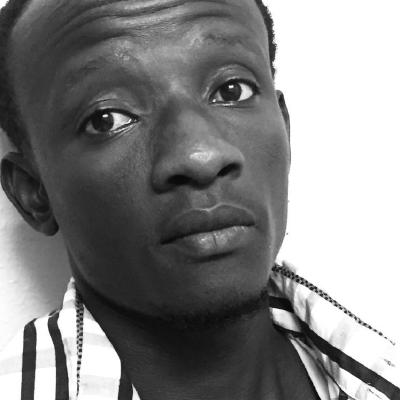I am R&D Machine Learning, GenAI Engineer at Safran Aircraft Engines, and a Postdoctoral Researcher at Etis Laboratory. My background combines both academic and enterprise kills, at the intersection of applied artificial intelligence and fundamental research. I also have high programming skills. My work areas include:
GenAI and Multimodal LLM Agents – Building AI agents based on multimodal LLMs, extracting information from multiple sources (.pdf, .xlsx, .docx, .pptx, .msg, image), developing RAG pipelines, fine-tuning, entity extraction (PromptNER), dynamic visualization with graph databases (Neo4j), and deploying agents on robust architectures (Langchain, AWS).
Uncertainty Quantification – Developing unsupervised clustering approaches that integrate uncertainty, especially with evidential clustering models and multi-view evidential neural networks. A major focus is on quantifying uncertainty for medical image segmentation that combines multi-modal inputs (e.g. images and clinical reports) and multi-view representations.
Explainable AI – Designing interpretable learning models and post-hoc analysis tools for algorithmic transparency, with a special focus on industrial time series data. Developing hybrid methods that combine statistical interpretability (inference, rules) and attribute-based explainability (SHAP, LIME). Exploring collaborative variable weighting mechanisms to improve model readability and support adoption in critical business environments.
I completed my PhD in Computer Science at the University of Clermont Auvergne, within the Doctoral School of Engineering Sciences, in collaboration with LIMOS and Simon Fraser University (SFU), under the supervision of Jonas KOKO, Violaine ANTOINE, and Sylvain MORENO. My thesis focused on the development of unsupervised and interpretable clustering methods, with a particular emphasis on relational and multi-view evidential (uncertainty-based) clustering. I designed robust and explainable models that integrated variable weighting, post-hoc methods (such as SHAP), and association rules, with a strong orientation toward real-world applications and complex trajectories (categorical, discrete longitudinal, and time series data).
Before starting my PhD, I worked for three years as a data scientist at RCTs in Lyon, where I developed tools for analyzing care pathways using hard and fuzzy clustering techniques, dimensionality reduction, variable scoring, and interactive visualization. Before joining RCTs, I was a data analyst consultant for the World Bank in Burkina Faso.
For more about me, please see my Resume ⚡
Here, take a look at my stuff 
- 👨💻 I am proficient in Python, R, and SQL
- ✨ I like TensorFlow, PyTorch, Scikit-Learn, Keras, Rshiny, Django, Flask frameworks
- 📚 I wrote web scraping with R, and I actively contribute to open source software.
Last news
- 📚 Paper : Comparative analysis of multidimensional sequential trajectories clustering methods, Preprint submitted to Pattern Recognition.
- 📚 Paper : Evidential clustering with view-weight learning for proximity data, Preprint submitted to Neurocomputing – under review.
- 🗣️ Conference : Soft-ECM: An extension of Evidential C-Means for complex data, accepted to FUZZ-IEEE, 2025.
- 🗣️ Conference : Best doctoral paper award – Clustering multi-relationnel flou des trajectoires de la douleur chronique, LFA 2024 : rencontres francophones sur la Logique Floue et ses Applications
- 📚 Paper : Multi-View Relational Evidential C-Medoid Clustering with Adaptive Weighted, 2024 IEEE 11th International Conference on Data Science and Advanced Analytics (DSAA)
- 📚 Paper : Clustering and Interpretation of Time-series Trajectories of chronic pain using Evidential c-means, Expert Systems With Applications, Vol 260, pp 125369, 2025
- 👨🏾🏫 Workshop : Extraction et Gestion des Connaissances (EGC), 2024-01
- 👨🏾🏫 Abstracts : 16th International Conference of the ERCIM WG on Computational and Methodological Statistics, CFE-CMStatistics 2023, 2023-12
- 👨🏾🏫 Seminars : Extraction et Gestion des Connaissances (EGC), 2023
- 📚 Paper : Classification automatique de series chronologiques de patients souffrant de douleurs chroniques, Revue des Nouvelles Technologies de Information, 2023
- 🎓 School : Autumn School in Artificial Intelligence - AI2, 2022






